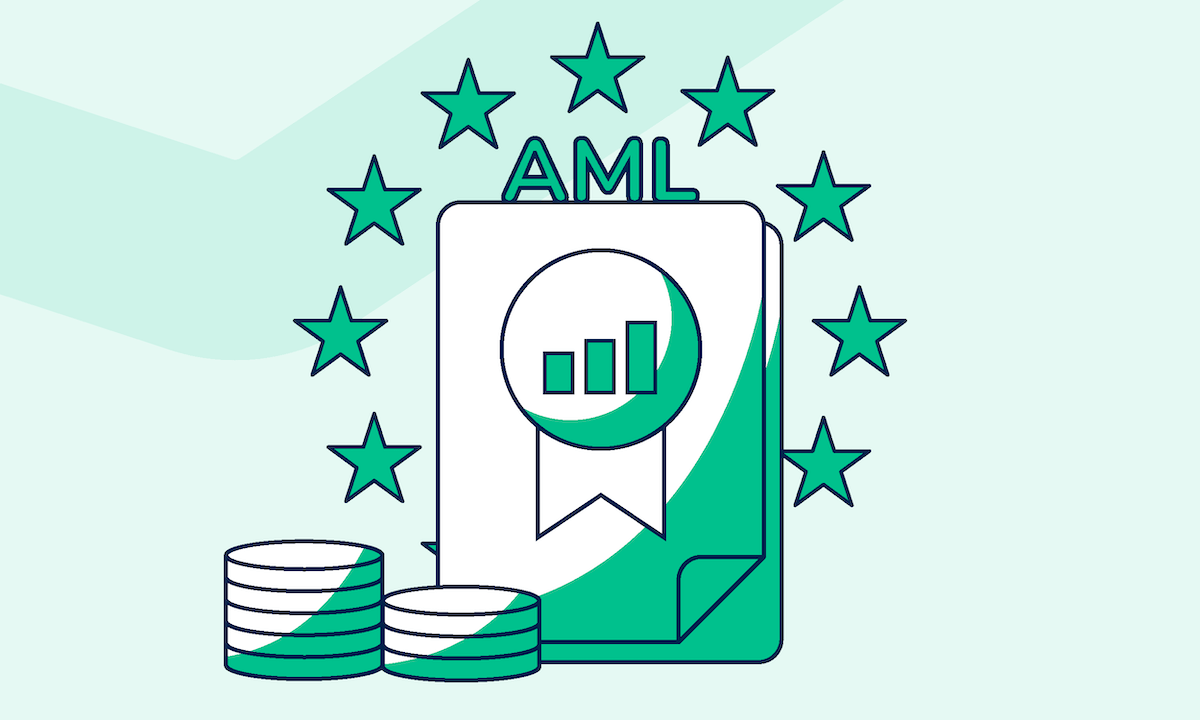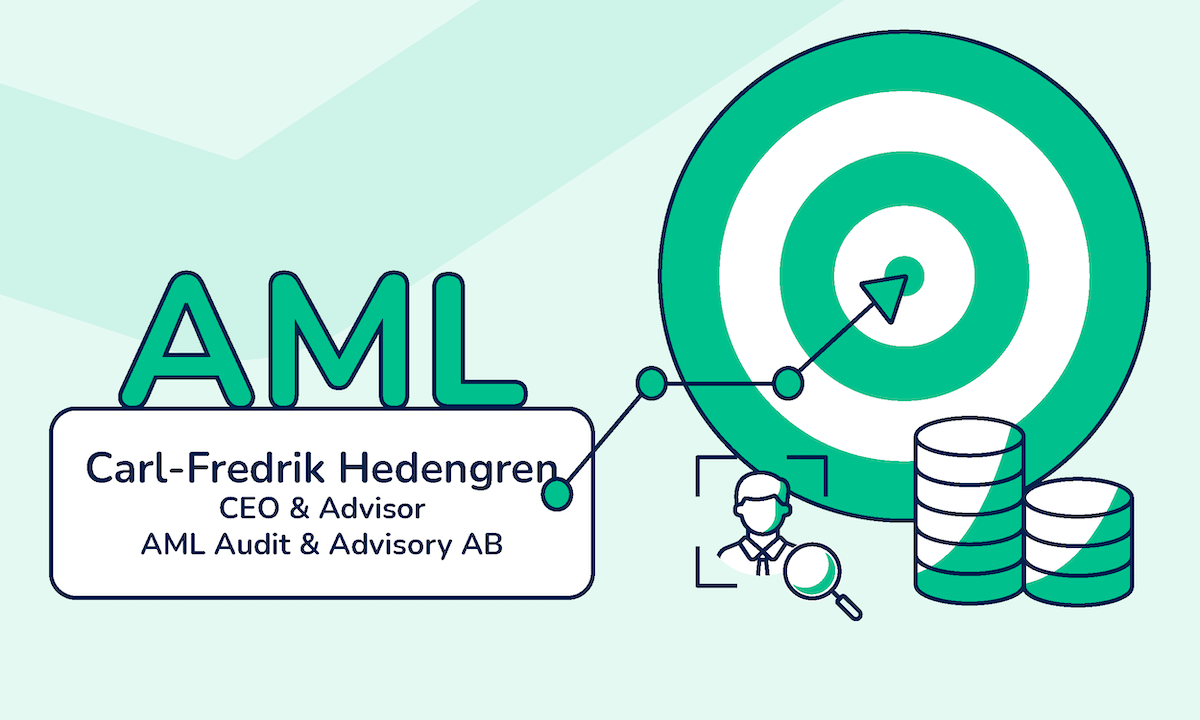According to a McKinsey report, the successful businesses of 2022 and beyond will be digital to the core. Therefore, it is no surprise that more and more organizations are integrating new technologies, such as electronic signatures, into their processes.
In the past few years, businesses across industries switched to electronic document signing to improve efficiency, minimize errors, and ensure a seamless experience for their customers and partners.
With digital signature software, your employees can automate repetitive tasks and spend their time focusing on activities that require critical thinking and social skills.
In this article, you’ll learn about electronic document signing and how it can help you do more with less.
What is electronic document signing?
Electronic document signing is a legal and secure way to get documents signed without having to print, scan, and mail them back and forth. An electronic signature platform enables organizations and their stakeholders to sign PDFs directly on their laptops, tablets, or phones with just a few clicks.
Why should I switch to electronic document signing?
Despite the increasing popularity of electronic signature tools and their potential to solve common business problems, some organizations are reluctant to embrace them. That’s because many business owners still have concerns regarding the legal validity and security of e-signatures.
So, read on as we debunk the myths about electronic signatures and explain why such technology is critical to business success today.
Electronically signed documents are legally binding:
According to the eIDAS regulation, e-signatures have legal effect and are admissible as evidence in legal proceedings. Hence, businesses can confidently use electronic signature tools to obtain legally binding signatures.
Electronic signatures are secure:
While not all electronic signatures provide the same level of security, the ones created with the help of reputable e-signature software, such as Penneo Sign, are virtually impossible to forge.
Penneo Sign offers the following types of electronic signatures:
- Simple electronic signatures: You can create simple e-signatures via Penneo Sign by drawing/typing your name on the document or by uploading a picture of your signature. The system ensures that the document hasn’t been changed after signing, making these simple electronic signatures fairly secure.
- Advanced electronic signatures: Penneo Sign allows you to create advanced e-signatures, aka digital signatures, using your electronic ID. These signatures can identify the signer and protect the signed document against manipulation. Therefore, advanced electronic signatures provide a high degree of security.
- Qualified electronic signatures: As a Qualified Trust Service Provider, Penneo Sign can also offer qualified electronic signatures. These signatures provide the highest degree of security and have the same legal effect as handwritten signatures.
Electronic document signing saves you time and money:
Most of the steps involved in the signing process can be automated with the help of electronic signature software, leading to increased efficiency and faster contract turnaround times. What’s more, electronic document signing can also help you cut costs. Try our ROI calculator and see how much you can save with Penneo Sign.
Electronic signing is easy and convenient:
Electronic signature software gives your employees, customers, and partners the flexibility to sign whenever it suits them. They can read the documents on their phone, laptop, or tablet and sign with just a few clicks. It doesn’t get any easier than that.
What type of electronic signature should I use?
The type of electronic signature that you should use depends on national legal requirements. For example, in Denmark, employment contracts can be signed with a simple electronic signature, while in Belgium, the law requires a qualified electronic signature.
Check out our Legality Guide to find out what type of signatures you should use for various documents in Belgium, Denmark, Sweden, Norway, and Finland.
Can any business benefit from electronic document signing?
The answer is yes. Any business, regardless of industry, can benefit from electronic document signing. Here’s how.
Digital signatures for audit & accounting: Auditors and accountants can rely on electronic signature software to get engagement letters, annual reports, board documents, powers of attorney, and audit reports signed.
Digital signatures for property management & real estate: Real estate agents and property managers can sign all sorts of documents electronically — from rental and purchase agreements to allonges and meeting minutes.
Digital signatures for law firms: Electronic signatures help legal professionals reduce the time it takes to collect signatures on power of attorneys, engagement letters, promissory notes, and other types of legal documents.
Digital signatures for HR departments: With e-signatures, HR departments can automate the signing of employment contracts, severance agreements, letters of termination, and bonus agreements.
Digital signatures for the BFSI sector: Companies in the BFSI sector can also improve efficiency with the help of electronic signatures. Get loan agreements, leasing contracts, and insurance policies signed in just a few minutes.
How can you improve efficiency with Penneo Sign?
Penneo Sign is a cloud-based digital signature software designed for businesses that want to handle their signature processes in a convenient and compliant manner.
The platform offers various features that enable you and your customers to sign and store documents securely. Some of these features include:
- Automated document routing based on the signer’s role: With Penneo Sign, you can create signing flows specific to each document type. The signing flow determines who needs to sign the document and the order in which the signatories must sign it.
- Simple, advanced, and qualified electronic signatures: Penneo is a qualified trust service provider that can offer all types of electronic signatures.
- Automated reminders: Schedule automated reminders to save time and stay on top of deadlines.
- Customizable templates: Create your own email templates to add a personal touch.
- Fillable PDF forms: Our PDF forms use encryption to protect the data you collect. You can create your own form and send it out via Penneo Sign. The recipient can fill in the form and sign it quickly and securely.
- Access control: You can ensure that only the intended recipients can open the forms and documents you send out by enabling eID validation.
- Support for multiple eIDs: You can use itsme®, MitID, BankID Sweden, BankID Norway, Mobiilivarmenne, and the Finnish BankIDs to sign documents via Penneo Sign.
- Integrations & API: Reduce manual data entry and automate workflows by connecting Penneo Sign with your existing software.
Start signing documents electronically!
Nowadays, electronic document signing is essential for business success. By implementing an electronic signature solution at your company, you’ll be able to provide a better customer experience, save time, and reduce costs.
This will set you apart from competitors and advance your company’s digital transformation strategy.
So, get started with electronic document signing by requesting a free trial of Penneo Sign today!





